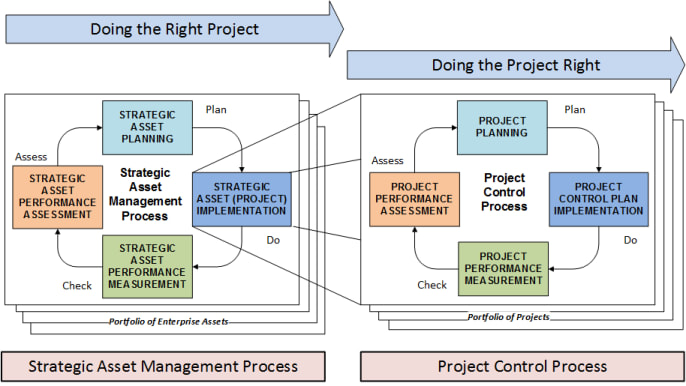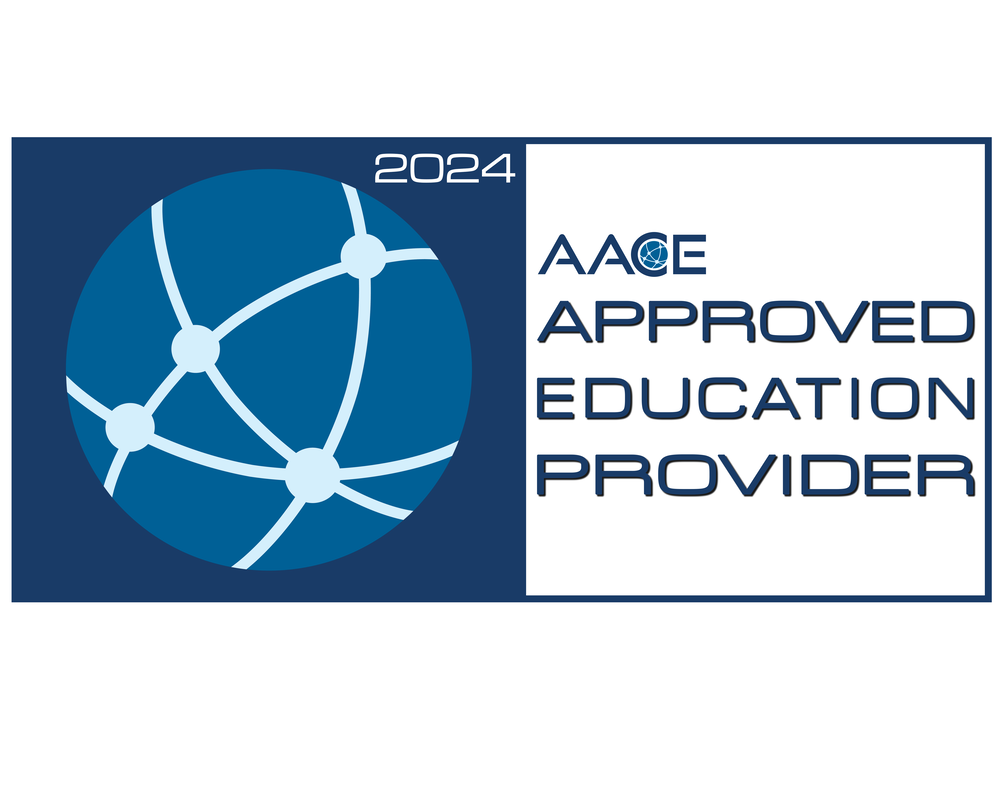AACE International (AACE) defines cost engineering as "the application of scientific principles and techniques to problems of estimation; cost control; business planning and management science; profitability analysis; project management; and planning and scheduling." It is thus a set of interrelated disciplines involved with planning, estimating, scheduling and control of capital investments (projects), and has sometimes been referred to as engineering economics.
AACE (also known as the Association for the Advancement of Cost Engineering) is the pre-eminent professional association involved in all facets of cost engineering, and develops much of the technical expertise, recommended practices and professional documentation to support all of the related disciplines of cost engineering. AACE also developed the Total Cost Management (TCM) Framework as the process for applying the skills and knowledge of cost engineering. The TCM Framework is based on a simple Plan-Do-Check-Assess cycle that is applied throughout the lifecycles of strategic asset management and project controls.
AACE (also known as the Association for the Advancement of Cost Engineering) is the pre-eminent professional association involved in all facets of cost engineering, and develops much of the technical expertise, recommended practices and professional documentation to support all of the related disciplines of cost engineering. AACE also developed the Total Cost Management (TCM) Framework as the process for applying the skills and knowledge of cost engineering. The TCM Framework is based on a simple Plan-Do-Check-Assess cycle that is applied throughout the lifecycles of strategic asset management and project controls.
Strategic asset management is the overall process of managing the lifecycle investment in the strategic assets of an enterprise. This is a business driven process that is involved in making early decisions on whether to create a new asset; or to modify or retire an existing asset. These decisions are often based on preliminary evaluations of potential investment scope, cost, and schedule. The typical goal for the enterprise is to maximize the investment performance across its portfolio of assets. When an opportunity to increase overall enterprise performance arises by creating, modifying or retiring an asset, that opportunity is typically realized through the formation of a project (or a series of related projects).
The TCM Framework describes and documents the ongoing recursive steps within strategic asset management that involves planning the enterprise's asset portfolio (plan); implementing asset creation, modification or retirement (do); measuring asset performance (check); and assessing performance to support the next round of planning (assess). The strategic asset management process is focused on "selecting the right project."
Project implementation results in a similar recursive plan-do-check-assess cycle within the project control process. Whereas the enterprise is typically an on-going endeavor, a project is the temporary endeavor that the enterprise undertakes to create, modify, or retire an asset in response to a business decision. The project involves a recursive cycle of planning to identify scope, cost and schedule (plan); project execution to realize the project construction or other development of the project scope (do); measurement of cost expenditures and schedule progress (check); and assessing and reacting to project performance in relation to project plans (assess).The project control process is focused on "executing the project right."
Conquest Consulting Group is dedicated to assisting process industry owners throughout both the strategic asset management and project control processes. We apply our cost engineering expertise to maximize the capital investment of our clients by supporting selection of the right project, and following through to ensure the project is executed and controlled to achieve its cost, schedule, and performance goals. We can provide training in cost estimating and cost engineering to enhance your organization's capabilities.
More information about AACE International can be obtained at http://web.aacei.org/
The TCM Framework describes and documents the ongoing recursive steps within strategic asset management that involves planning the enterprise's asset portfolio (plan); implementing asset creation, modification or retirement (do); measuring asset performance (check); and assessing performance to support the next round of planning (assess). The strategic asset management process is focused on "selecting the right project."
Project implementation results in a similar recursive plan-do-check-assess cycle within the project control process. Whereas the enterprise is typically an on-going endeavor, a project is the temporary endeavor that the enterprise undertakes to create, modify, or retire an asset in response to a business decision. The project involves a recursive cycle of planning to identify scope, cost and schedule (plan); project execution to realize the project construction or other development of the project scope (do); measurement of cost expenditures and schedule progress (check); and assessing and reacting to project performance in relation to project plans (assess).The project control process is focused on "executing the project right."
Conquest Consulting Group is dedicated to assisting process industry owners throughout both the strategic asset management and project control processes. We apply our cost engineering expertise to maximize the capital investment of our clients by supporting selection of the right project, and following through to ensure the project is executed and controlled to achieve its cost, schedule, and performance goals. We can provide training in cost estimating and cost engineering to enhance your organization's capabilities.
More information about AACE International can be obtained at http://web.aacei.org/



